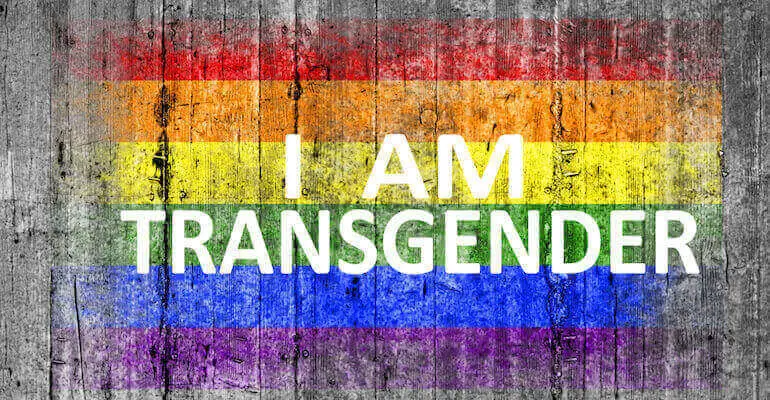Protections Against Gender Discrimination for Firing Transgender Employee in Tampa

Wrongful Termination & Gender Discrimination to EEOC
Firing a transgender employee or worker based on gender or sex is considered retaliation or wrongful termination. For this reason, a lawsuit may be filed by the Equal Employment Opportunity Commission (EEOC) against a company on the basis of wrongfully terminating or unlawfully firing a transgender employee.
EEOC regional attorney in Chicago, John Hendrickson stated during a recent case, “[a]ll people deserve the opportunity to earn a living and be judged on the quality of their work, rather than on sex-based considerations. That includes transgender employees, and the EEOC is committed to making sure such individuals’ rights under Title VII are protected.”
Title VII Prohibits Discrimination Based on Gender Identity/Sexual Orientation
In April 2012, the EEOC held for the first time that Title VII sex discrimination prohibits discriminating against a job applicant based on transgender status in the case Macy v. Holden. This particular decisions was also heavily influenced by previous U. S. Supreme Court decision in Price Waterhouse v. Hopkins, 490 U.S. 228 (1989), in which it was affirmed that sex discrimination or discrimination “based on… sex”, such as gender stereotyping was prohibited in the workplace. As such, the EEOC made their opinion clear stating Title VII sex discrimination also applies to the protection of transgender workers in that, “the term ‘gender’ encompasses not only a person’s biological sex but also the cultural and social aspects associated with masculinity and femininity.”
That is, sex or gender discrimination can also be based on non-conformance to traditional gender-based roles, and therefore is a product of the same type of discrimination such as sex stereotyping (to include pregnancy discrimination and same-sex harassment).
The EEOC interprets sex or gender discrimination as any form of discrimination based on gender identity and/or sexual orientation. On July 15, 2016, a Commission bulletin reinforced the EEOC’s stance on discrimination issues pertaining to the LGBT (lesbian, gay, bisexual, and transgender) and stated sex discrimination of employees and retaliation can be reported in both federal and private sector workplaces. Title VII specifically protects the rights of employees of employers with 15 or more workers in the private sector and state and local government.
In addition, the bulletin also stated that, “…if a state or local law permits or does not prohibit discrimination based on sexual orientation or gender identity, the EEOC will enforce Title VII’s discrimination prohibitions against covered employers in that jurisdiction because contrary state law is not a defense under Title VII.”
Although Macy v. Holder acts as a landmark case for transgender rights in the workplace, it is not a binding decision, as the case was decided by the EEOC rather than a federal court.
How do you report gender discrimination of transgender employees in the workplace?
There are protections that prohibit sex or gender discrimination or workplace retaliation for firing a transgender employee. Transgender employee rights may still need work, but there are current regulations that prohibit any type of gender stereotyping and/or discrimination based on sex. If you are uncertain about your situation, it’s important to seek an employment law attorney immediately.
Are you or is someone you know the victim of wrongful termination or sex discrimination?
Before you go to the EEOC, talk to an experienced employment attorney for legal advice on filing a charge. Incomplete or erroneous charges can hurt your case. Contact Wenzel Fenton Cabassa, P.A., a Tampa employment law firm awarded Best Lawyers in America 2016, for a free, confidential consultation today.
SOURCES:
EEOC Sues Retail Chain that Fired Transgender Worker
EEOC Title VII Prohibits Employment Discrimination Based on Gender Identity/Sexual Orientation
Please Note: At the time this article was written, the information contained within it was current based on the prevailing law at the time. Laws and precedents are subject to change, so this information may not be up to date. Always speak with a law firm regarding any legal situation to get the most current information available.
Related Posts

FREE HELP GUIDES
Dealing with unpaid wages, discrimination or wrongful termination? Get the information you need to protect your workplace rights. We offer employment law resources to help you fight for workplace justice.


